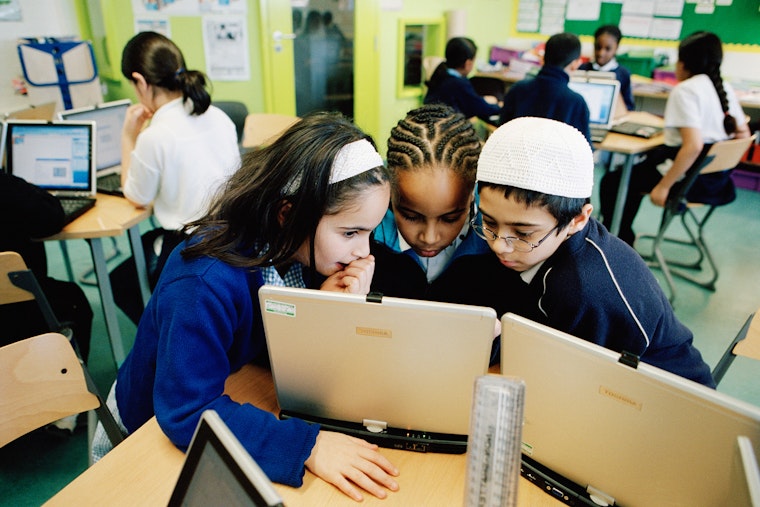Why Inclusive Education Is for All Children, Everywhere
By Alison Hillman & Kate Lapham

Earlier this month, the United Nations took a vital step in supporting quality inclusive education for all children. In adopting General Comment No. 4, the UN Committee on the Rights of Persons with Disabilities has clearly defined inclusive education as a fundamental human right of all persons, including persons with disabilities.
At the Open Society Foundations, this is what we have been pushing for through our grant making and our advocacy. We have, among other efforts, worked around the world to win recognition of children’s right to inclusive education, funded empirical research on barriers to education for young people with disabilities, supported networking and learning opportunities for teachers and parents, and convened stakeholders and activists to implement the UN Convention on the Rights of Persons with Disabilities, which celebrates its 10th anniversary this year.
Inclusive education means different and diverse students learn side by side in the same classroom. It means qualified teaching assistants and specialists are available to help facilitate learning. It means that the curriculum being taught includes recognition of and contributions by marginalized and minority groups. Finally, it means meaningful parental involvement in transforming attitudes at home and in communities.
These things may sound basic. But, unfortunately, children around the world are excluded from schools because of disability, race, language, religion, gender, migration, or socioeconomic status. Such exclusion perpetuates discrimination that has lifelong effects. And, too often, efforts at reform fail and simply replicate these biases and reinforce marginalization.
All children have the right to grow, learn, and develop alongside their peers. Too many people still believe that inclusive education is only about children with disabilities, when in fact all children do better in inclusive classrooms. The UN Committee’s adoption of General Comment No. 4 now makes this explicit by declaring that inclusive education is “central to achieving high quality education for all learners at all levels, and for the development of inclusive, peaceful, and fair societies.” The charge for each and every one of us is to work towards fulfilling this promise.

Until November 2021, Alison Hillman was a unit manager with the Open Society Human Rights Initiative.

Until November 2021, Kate Lapham was the deputy director of the Open Society Education Support Program.